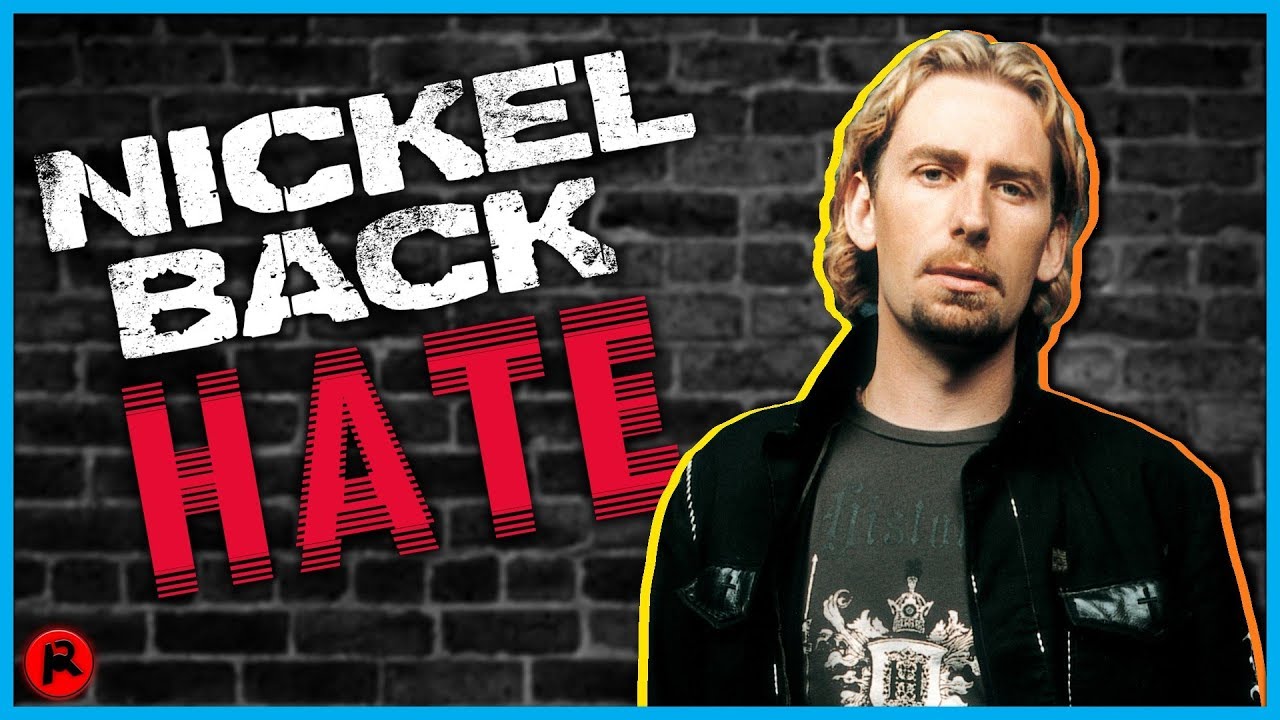Why is Nickelback Hated

In the realm of popular music, few bands have sparked as much debate, disdain, and downright vitriol as Nickelback. Despite their commercial success, Nickelback has become a lightning rod for criticism, mockery, and even outright hatred. But why? What is it about this Canadian rock band that inspires such strong negative reactions from music listeners and critics alike? To truly understand the phenomenon of Nickelback’s polarizing reception, one must delve into various factors ranging from musical style to cultural perception.
First and foremost, let’s address the music itself. Nickelback‘s sound is often described as generic, formulaic, and derivative. Critics argue that their songs lack originality, with predictable chord progressions, simplistic lyrics, and repetitive themes. Many detractors point to the band’s reliance on tried-and-tested rock tropes, resulting in a bland and uninspired musical output. Nickelback’s adherence to a commercial formula, characterized by catchy hooks and radio-friendly production, has led to accusations of prioritizing marketability over artistic integrity.
Moreover, Nickelback’s lyrics have been a frequent target of ridicule. Critics deride the band’s penchant for clichéd themes such as partying, relationships, and self-aggrandizement. Songs like “Rockstar” and “Photograph” have been singled out for their banal and sometimes cringe-inducing lyrics, further cementing the perception of Nickelback as purveyors of shallow and vapid music.
Another aspect that contributes to Nickelback’s divisive reputation is their ubiquity in mainstream media. Throughout the early 2000s, Nickelback dominated the airwaves with a string of chart-topping hits. Their songs were featured in movie soundtracks, television commercials, and sports events, ensuring maximum exposure to a wide audience. While this level of commercial success is enviable for any band, it also invites backlash from those who perceive Nickelback as emblematic of corporate-controlled, homogenized pop culture.
Furthermore, Nickelback’s image as a “sellout” band has been reinforced by their association with corporate sponsorships and endorsements. From fast-food chains to beverage companies, Nickelback’s willingness to lend their music to commercial enterprises has drawn criticism from those who view such actions as compromising artistic integrity for financial gain. The band’s perceived willingness to prioritize profit over principles has alienated many music fans who value authenticity and sincerity in their favorite artists.
Beyond musical and commercial factors, there’s also a cultural dimension to the hatred directed towards Nickelback. In the world of music fandom, hating Nickelback has almost become a meme unto itself. Social media platforms and internet forums are rife with memes, jokes, and memes mocking the band’s music, image, and perceived lack of talent. The collective disdain for Nickelback has become a form of cultural currency, a way for individuals to signal their taste and sophistication by deriding something widely regarded as lowbrow and uncool.
Additionally, there’s a psychological aspect to the vilification of Nickelback. In social psychology, the phenomenon known as “out-group derogation” explains how individuals often bolster their own self-esteem by denigrating members of an out-group. In the case of Nickelback, the band has become a convenient target for projection of negative emotions and insecurities. By expressing disdain for Nickelback, individuals can assert their own superiority and discernment, reaffirming their sense of belonging within their preferred musical subcultures.
Despite the pervasive negativity surrounding Nickelback, it’s important to acknowledge that they do have a dedicated fan base that appreciates their music. For many listeners, Nickelback’s songs hold sentimental value, serving as the soundtrack to cherished memories and experiences. Moreover, the band’s resilience in the face of relentless criticism is a testament to their enduring popularity and cultural relevance.
Conclusion
The reasons behind Nickelback‘s polarizing reception are multifaceted and complex. From musical style to cultural perception, a myriad of factors contribute to the band’s status as one of the most hated in the music industry. While detractors may continue to deride Nickelback for their perceived shortcomings, it’s essential to recognize that music, like all forms of art, is inherently subjective. Ultimately, whether you love them or loathe them, Nickelback’s place in the annals of popular culture is undeniable. Love them or hate them, Nickelback is a band that won’t fade into obscurity anytime soon






